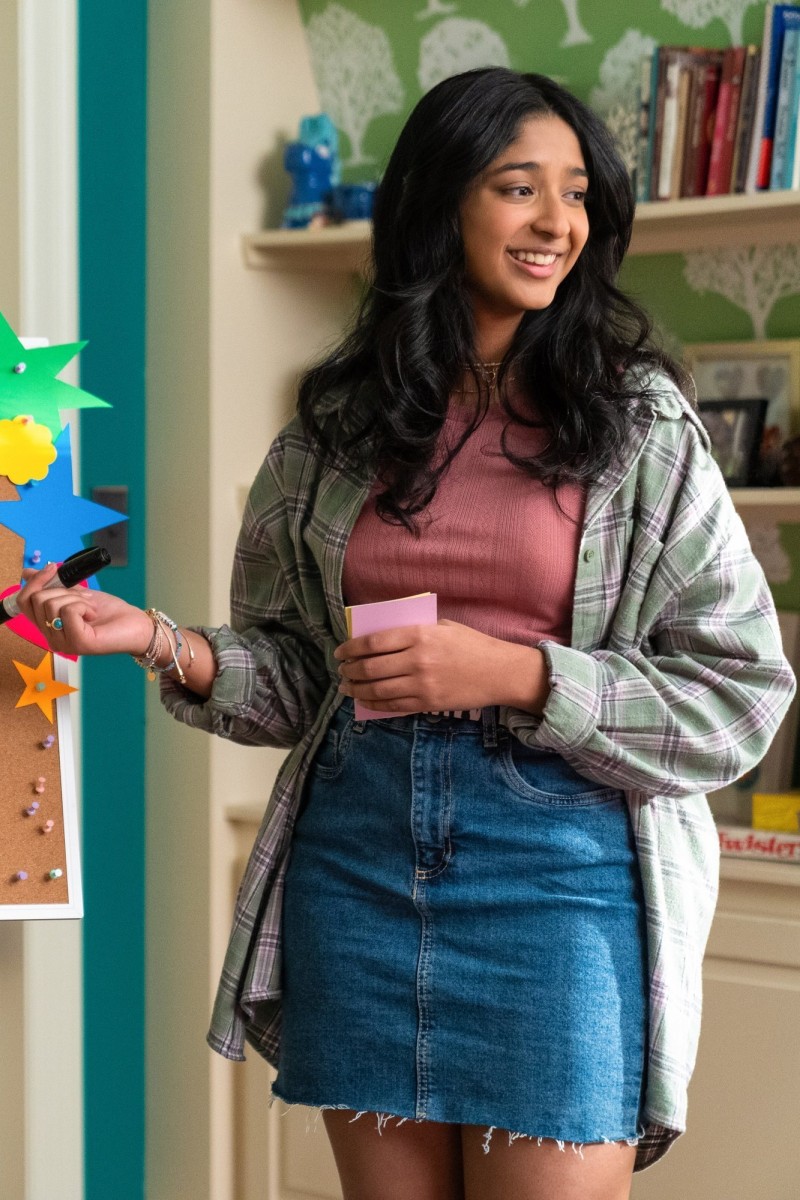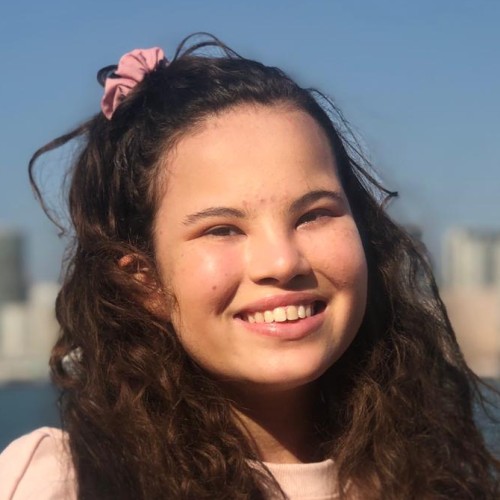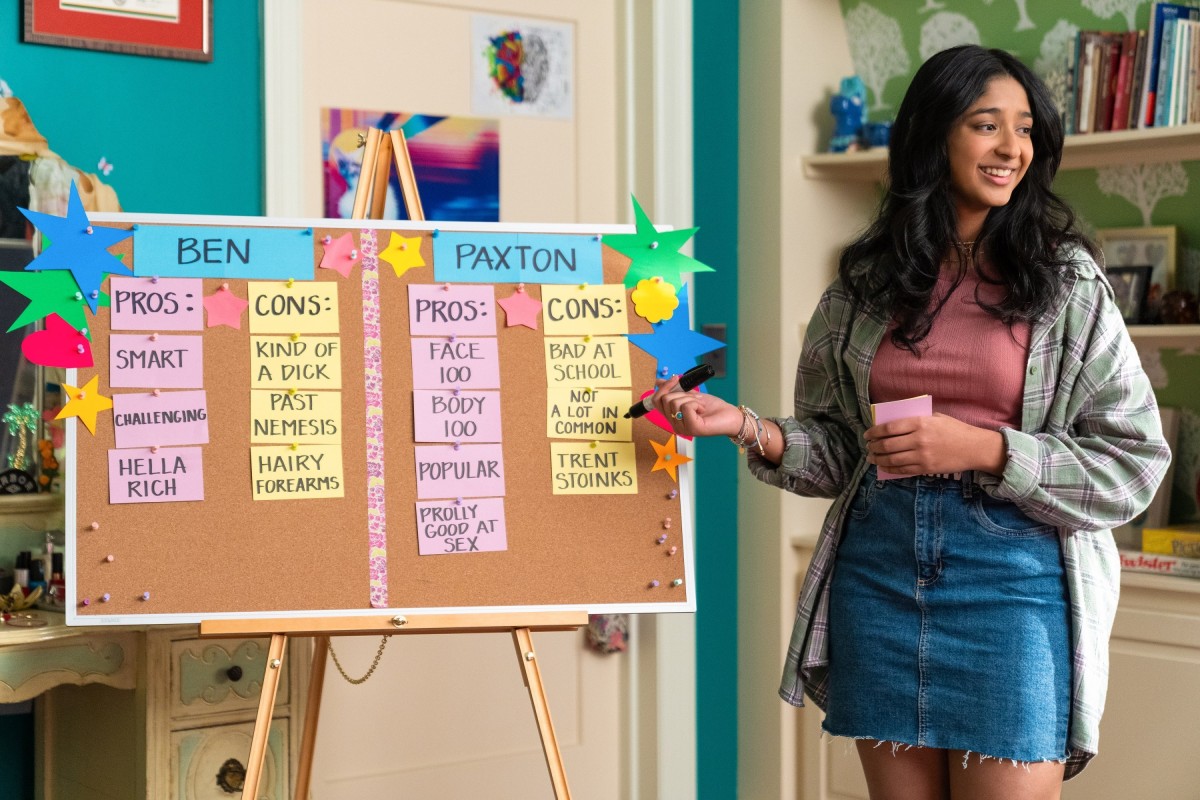
‘Never Have I Ever’ season 2 review: Netflix’s teen drama gives depth to its characters, while staying fun and relatable
- Mindy Kaling’s hit series returns as Devi Vishwakumar (Maitreyi Ramakrishnan), juggles family, romance, friendship drama and a new girl, Aneesa (Megan Suri)
- The show puts a new and more thoughtful spin on quite a few teen-drama tropes, exploring relevant issues such as eating disorders, mental health and sexuality

 Devi Vishwakumar, played by Maitreyi Ramakrishnan, deals with a love triangle at the start of season two of ‘Never Have I Ever’. Photo: Netflix / TNS
Devi Vishwakumar, played by Maitreyi Ramakrishnan, deals with a love triangle at the start of season two of ‘Never Have I Ever’. Photo: Netflix / TNSNetflix’s hit teen drama Never Have I Ever is about the life of a 15-year-old Indian-American girl, Devi Vishwakumar, who is played by Maitreyi Ramakrishnan. Created by Mindy Kaling and Lang Fisher, the series has been praised for its representation of Indian-American teen life, and incorporates relevant teenage struggles such as eating disorders, friend drama and understanding your sexuality.
Along with exploring the typical teenage worries and crushes, the show also revolves around how Devi deals with the death of her father. Of course, losing a parent at such a young age would affect someone on multiple levels – mentally, physically and even socially – and the show explores her loss in a modern, relatable way.
This season starts right where the first season left off, and the drama picks up right away as Devi tries to date Paxton Hall-Yoshida (Darren Barnet) and Ben Gross (Jaren Lewison) at the same time.
But the show quickly highlights that even though Devi has two boyfriends, her life isn’t all that great. The unrealistic situation reveals a bigger lesson that forces Devi to confront the consequences of her actions.
Review of Netflix’s ‘Outer Banks’ season 2 – more treasure, action and danger
Despite Ben’s stereotype as the nerdy nemesis and Paxton’s as the cool jock, this season highlighted that Paxton does have feelings and that Ben can have a social life too.
Not only do we see Paxton break out of being just another popular guy, but he also explores his family’s history and challenges himself to get out of his comfort zone. On the other hand, Ben’s continual competitiveness with Devi even when they’re not on the best terms with each other shows another identifiable side of teen student life.
There’s a new girl in school – Aneesa (Megan Suri), who walks into class and instantly captures everyone’s attention. She seems to be this cool Indian girl, but her character’s experiences also go beyond what initially meets the eye.
Devi does not have a perfect life either. Her character seems real and relatable because she experiences normal teenage issues, such as feeling like she doesn’t fit in or struggling to conform to the expectations of being the “ideal” daughter.
With both Devi and Aneesa, the show goes beyond the stereotypes of Indian teenagers as just students who work hard and don’t get into relationships. Kaling wrote this show, and perhaps some of her experiences growing up can help her relate to Devi and Aneesa and create a more realistic picture of what it’s like to be an Indian teenager.
The show also has representation of the LGBTQ+ community. The second season shows that even though Devi’s friend, Fabiola Torres (Lee Rodriguez), came out as gay, she still feels insecure as she slowly learns that there is not only one “right” way to be gay.
A huge part of the show is John McEnroe’s narration (Devi’s dad was a huge fan of his). McEnroe’s voice brings a fresh perspective to the show because it feels as if there is someone reacting to Devi’s dramatic moments and emotional outbursts with you.
But the narration done for Devi would have been nice to have for every character. Although Ben had an episode narrated by Andy Samberg in season one, and Paxton’s in season two is narrated by Gigi Hadid, Devi’s best friends should have their own narration episodes too.
The show does revolve around Devi’s boyfriends, but the love triangle gets a little repetitive. It would have been nice to see parts of Ben and Paxton’s lives that do not revolve around Devi.
Star of Netflix series ‘Never Have I Ever’ fights stereotypes of South Asian women
For Fabiola, we could have learned more about her journey after coming out to her mother and how that affected her at home, because we rarely see much of that on the screen. For Devi’s other best friend Eleanor Wong (Ramona Young), we want to know more about her family life, especially since her birth mother left her in the first season. We only get brief glimpses of her relationship with her birth father and stepmother.
Overall, we really liked that the show included people from many different backgrounds. There were also so many smaller details that were relatable for teens – having crushes on people who might not be in your league, play-fighting in class with someone you like, and trying to fit in when everyone has their own judgment of you.
With Netflix’s recent announcement that Never Have I Ever will come back for a third season, we are excited to see Devi’s friendships and relationships grow. In the end, will it be Team Ben or Team Paxton? Or just Team Devi?
Rating: 4 out of 5
